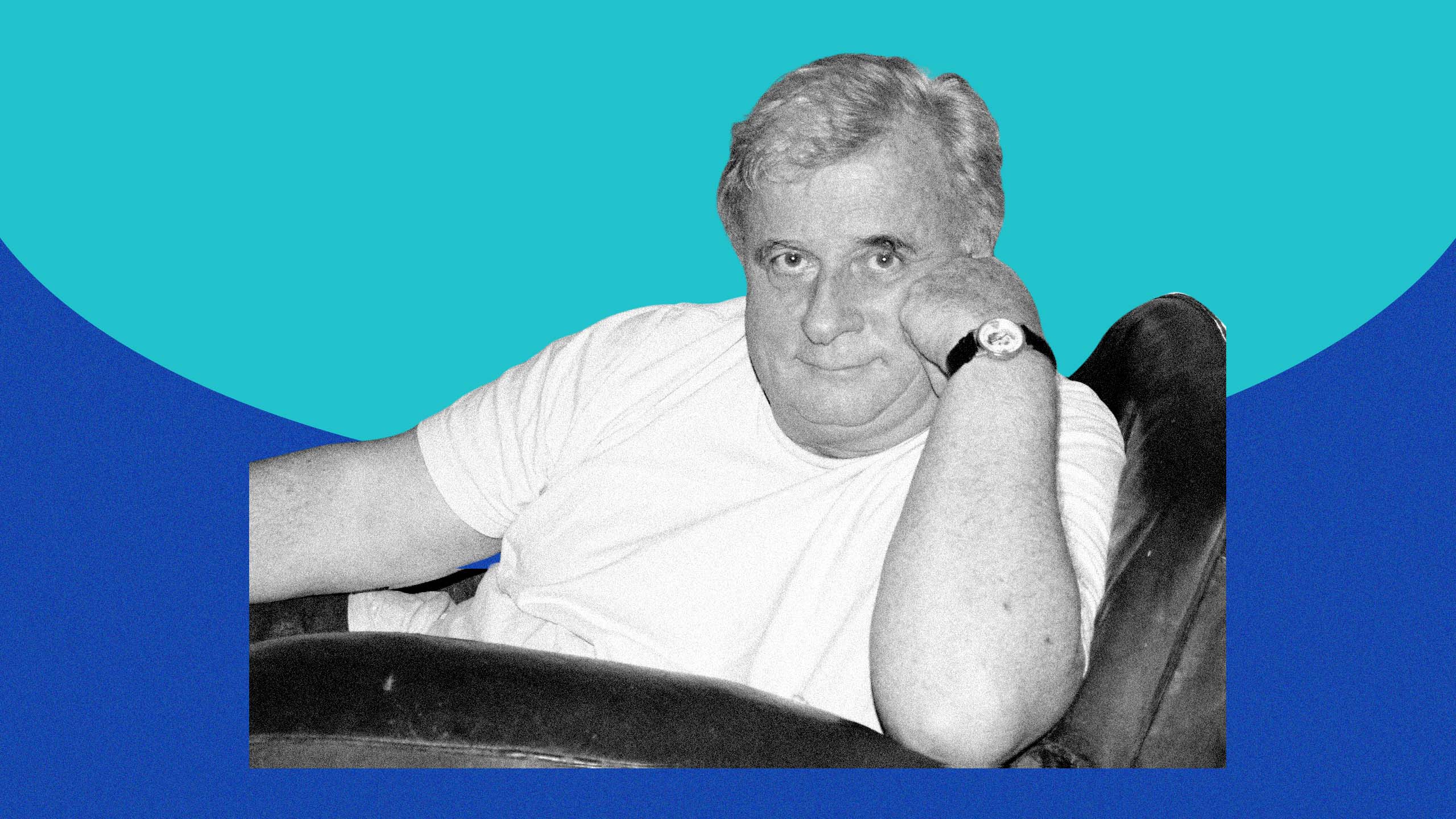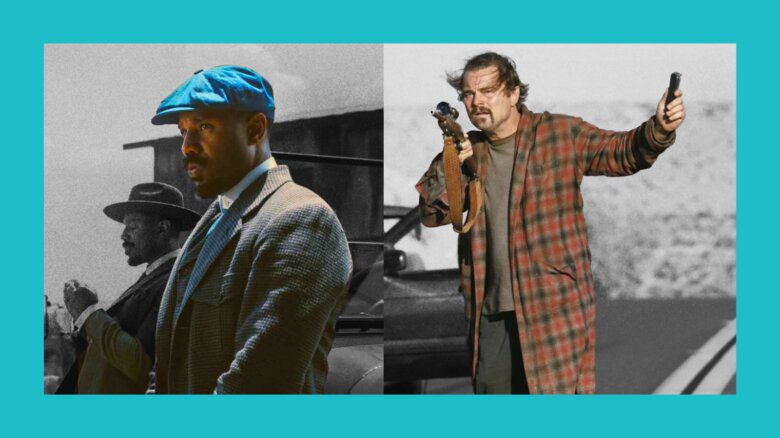In the early days of my coming out in the 1990s, I heard of an author, Edmund White, who wrote salaciously about gay sex. At the time, I desperately needed some salaciousness in my chaste gay life. Living in pre-internet rural Canada, my sexual, romantic and homosocial future was completely uncharted. Maybe this American writer, born a few decades before me, a rare out gay figure in the literary world, had a few ideas about how I should proceed.
I couldn’t easily find White’s 1977 book The Joy of Gay Sex, which he wrote with Charles Silverstein, modelled on the bestselling straight sex manual, The Joy of Sex. The nearest bookstore to me didn’t stock his two semi-autobiographical novels, 1982’s A Boy’s Own Story and 1988’s The Beautiful Room Is Empty, books that brought White to international attention with tales of growing up gay in the American Midwest in the 1950s and ’60s. So I started with White’s first novel, 1973’s Forgetting Elena. I found a water-damaged copy in a musty used bookstore.
I was as fascinated as I was disappointed. The disappointment: There was barely any sex and certainly no gay sex in Forgetting Elena. The fascination: Without naming its island setting, its era or, for that matter, its amnesiac protagonist, the novel builds an arch, alternative universe that operates according to its own capricious logic. When a fire breaks out, the locals spontaneously transform the warning of “Fire!” into a song with its own interpretive dance. It’s a comic depiction of the mores of the mid-20th-century American gay world without even naming it. (It was code for Fire Island, for those in the know.) Regardless—the writing was so beautiful. Novelist Vladimir Nabokov praised it. When Edmund White died on June 3 at the age of 85, the world lost, above all else, a beautiful writer.
That first exposure to White’s oeuvre didn’t make me horny, but it did make me realize that queer culture is about more than sex. The rest of White’s oeuvre (he wrote or edited 36 books including fiction, memoirs, plays, biographies and anthologies) put sex unmistakably at the core of things. But the products of that carnality—love, romance, affection, friendship, kinship, community, longing, loneliness, hilarity—were his deeper concerns. His great achievement was the wedding of honesty about his personal experiences of gay sex—washroom cruising, fetishes, inappropriate liaisons across age gaps, limit-stretching promiscuity, all taboos in the first few decades of White’s long career—with an impossibly unsentimental romanticism about gay love, friendship and manners. His masterly writing, rooted deeply in Western literary traditions, made the subject matter, as unabashed as it could be, impossible to dismiss. It was candid, but not pornographic.
“One day my doctor was on vacation and his weird older partner filled in for him,” White wrote in 1997’s The Farewell Symphony, which completed the semi-autobiographical trilogy that started with A Boy’s Own Story. “Despite the Bactrim I’d contracted gonorrhea in my penis. After the doctor gave me two horse shots of Penicillin, which he stuck me with as painfully as possible, he said, ‘Wanna fuck me now?’ ‘But I’ve got the clap!’ I protested. ‘I’ll give myself a shot as soon as we’re finished.’ He dropped his pants but did not remove his white doctor’s smock or stethoscope. The strange setting and kinky situation excited me and I climbed onto the examining table behind his bare, lean ass. I caught a glimpse of his legendarily big penis, which had never been seen erect. It dangled, as did his stethoscope, on the table.
“As I was leaving the examining room I saw him shooting up and quickly buckling his trousers. I still had to pay the full fee.”
Even when his sexual adventure stories and celebrity encounters seemed like boasting, his self-effacing modesty and the depths of his self-understanding made it palatable. White was always so eager to please his readers and his lovers. “Any reference to my own penis embarrassed me; moreover, I was reluctant to explain that my penis played little or no part under the partition. I had no desire (no vulgar desire I might have said) to obtain sexual release. In my eyes, my preference for service to others over personal pleasure mitigated my corrupt desires,” White wrote in A Boy’s Own Story.
Some disliked White’s libertine approach to art and life, and not just for homophobic reasons. In 1997, AIDS activist and writer Larry Kramer (who died in 2020) wrote in the American gay magazine The Advocate that White’s depictions of uninhibited sex were a bad influence on a generation of gay men who should, Kramer believed, be curbing their sex lives to forestall the pandemic. White was unapologetic. “I don’t think young people need to read a $25 hardback of a book by a virtually unknown writer to find out they want to have sex,” White told me last year in an interview to promote his final book, The Loves of My Life: A Sex Memoir.
White’s interest in gay sex might come off as obsessive—it’s telling that his final published work, written when he was in his 80s, was a sort of “greatest hits” of his sexual adventures. But obsessives usually become boring as they narrowly focus on the thing that turns them on. White maintained a voracious curiosity about what makes people tick, how our behaviours change through our lifetimes and through generations, how we find ways to connect and ways to thwart our own desires. He was making a map of American queer culture. He wrote well-researched biographies of three of his key literary influences: the playwright Jean Genet, the novelist Marcel Proust and the poet Arthur Rimbaud, in addition to essays about Paris, where he lived in the ’80s and ’90s.
White seemed fated to chronicle gay life in the late 20th and early 21st century. He had a knack for being in the right place at the right time. He was at Stonewall when the uprising started at the New York City bar on June 28, 1969, and also at Larry Kramer’s apartment for the first meeting, on January 4, 1982, of what became the Gay Men’s Health Crisis organization. That was just months after it was determined that AIDS was what was causing the deaths of otherwise healthy gay men in the United States and around the world.
White didn’t continue to attend those meetings, and his role in the Stonewall uprising seemed unserious. “Lou and I stayed out all night, whooping like kids, huddling in groups to plan tomorrow’s strategy, heckling the army of cops who were closing off all of Sheridan Square as a riot zone,” White wrote of that night in The Beautiful Room Is Empty.
Despite his work’s cultural impact and its inherent politics—speaking the love and the fucking that dare not speak their name—White seemed to put himself above politics. His fame was literary, marginal, not mainstream. His role was to witness, describe and imagine, never to preach or command. He was not the loudest voice at the table, the one who always wanted to be right.
White was the one you’d want to sit next to at a party, lean in and listen to all his takes on what was happening around you. He’d make you blush while you were waiting for his next observation.


 Why you can trust Xtra
Why you can trust Xtra


